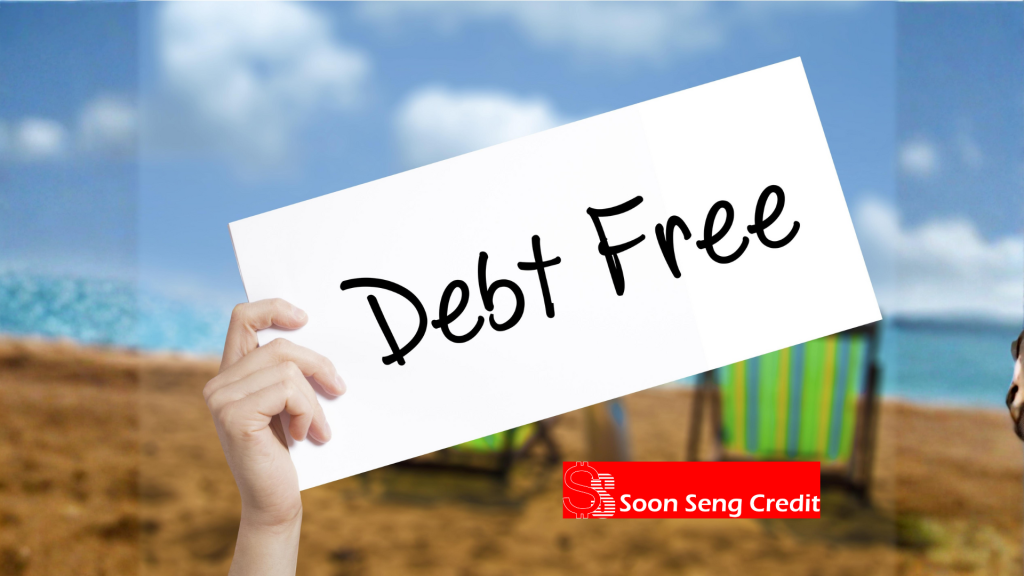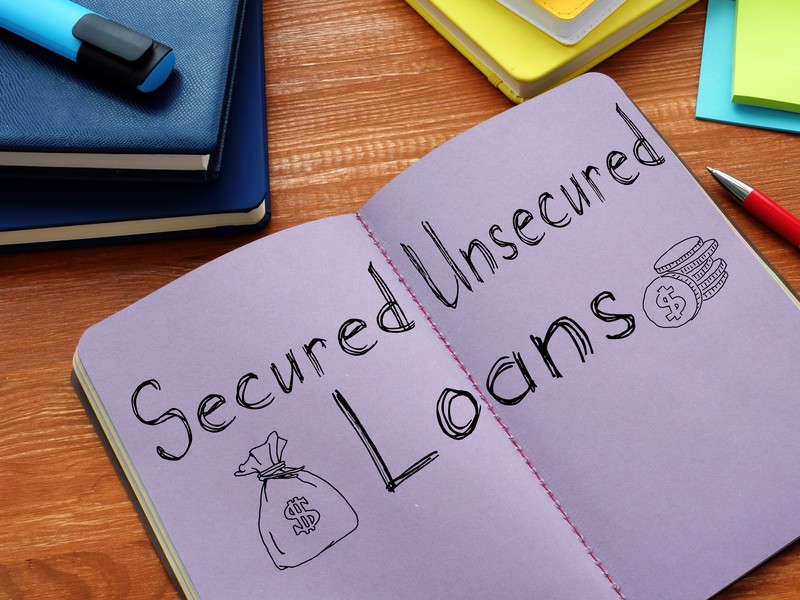Taking out a bank loan is more common than you think. The majority of us will need a personal loan for huge purchases once in a while.
These can include loans when you are purchasing a home, planning a wedding, renovating your house, or even when planning to further your studies. Once you have applied for the loan, the bank will then review your eligibility before deciding to approve or reject your loan application.
Like it or not, bear in mind some factors will affect your bank loan approval as not all applications will be successful.
What are the factors that banks assess which will affect your loan approval? Find out more below.
1. Your credit score
Your credit score is a number that reflects your history of credit or loan repayment. It paints a pretty accurate picture of your creditworthiness and allows financial institutions to have a better idea if you would be able to repay your loan on time.
The higher your score, the less risky a borrower you seem (read: you are deemed less likely to default on your loan), hence the more likely you will be able to get your loan approved with a more competitive interest rate.
These factors may affect your credit score negatively:
- You have a history of refusing to make repayments even though you have sufficient cash on hand.
- You have defaulted on credit card payments or loan payments before.
- Late repayments of credit card bills and/or previous loans
2. Your credit history and credit information
How will banks decide if you are a reliable client?
You should not be requesting multiple loans from different financial institutions if you are sincere in getting a loan.
Here’s a negative example
Imagine going to 10 different financial institutions asking for loans within a short span of time.
Banks might classify you as someone who requires cash urgently, perhaps for a crisis, and hence consider you as an individual with a greater risk of defaulting on your loan.
They can choose to lower the amount they’re willing to loan you, or reject your application.
Other factors that are considered bad credit history include:
- How well you have paid off past debts and loans,
- Bankruptcy, and
- Whether legal action was taken against you before.
If you have never applied for a credit card or taken a loan, it may be harder for you to get approved for a bank loan later down the road. This is because you do not have enough credit history for the bank to decide what kind of borrower you are.
One way to get past this is to apply for credit cards years before a big loan application (eg. housing loan), and repay your monthly credit bills on time to build up good loan repayment habits, a good credit score, and a solid credit history.
There are also many ways that credit can help you go further.
3. Your employment status and income
Are you employed full-time? Or self-employed? These are factors that will contribute to your chances of loan approval.
Banks usually require you to be employed full-time and have an annual income of at least $30,000. Some banks in Singapore have a minimum annual income requirement of $20,000.
If you do not have full-time employment or do not meet the minimum income requirement, you might not qualify for a loan, as you might be assessed to be at a higher risk of not being able to repay your loan.
Bank loan application rejected?
If you need a personal loan and can meet the bank’s strict income and credit requirements, you should apply for a bank loan.
However, if you are rejected for your bank loan application, don’t worry, you can always approach licensed money lenders.
Unlike banks, licensed money lenders focus more on your income status and outstanding debts instead of your credit score when reviewing your loan application. You also don’t need to be employed full-time. As long as you have a form of regular income, be it from part-time work, freelance work, or even rental income, you will be able to get a loan from money lenders.
Find out more about the difference between loans from banks and lenders.
However, bear in mind that regardless of which money lender you go to, always verify a money lender licence and legitimacy. This is because illegitimate lenders can charge sky-high interest rates that are much more than what licensed money lenders are legally allowed to charge. Unlicensed money lenders can also employ unscrupulous methods to harass you and your family for payment.
Soon Seng Credit is a licensed money lender providing an array of loans, including personal loans, business loans, wedding loans, renovation loans, study loans, and more.
Reach out to us and apply now.
About the Author
Leveraging almost 40 years of local moneylending experience, Soon Seng Credit is one unmatched licensed money lender you can trust when it comes to the educational materials, knowledge, and care we share with our valued customers and website users.








